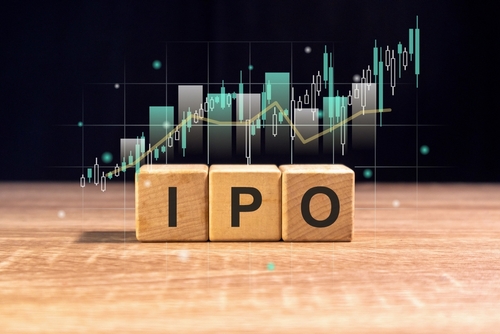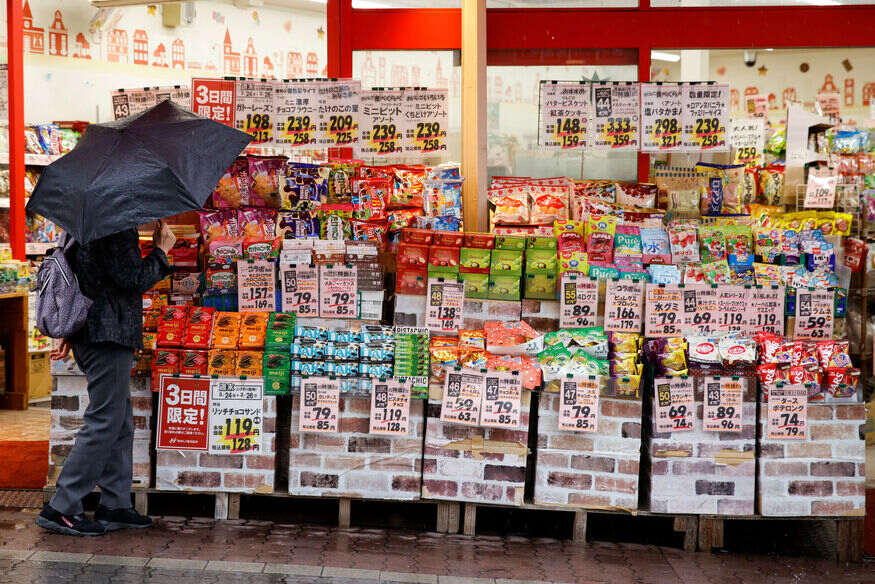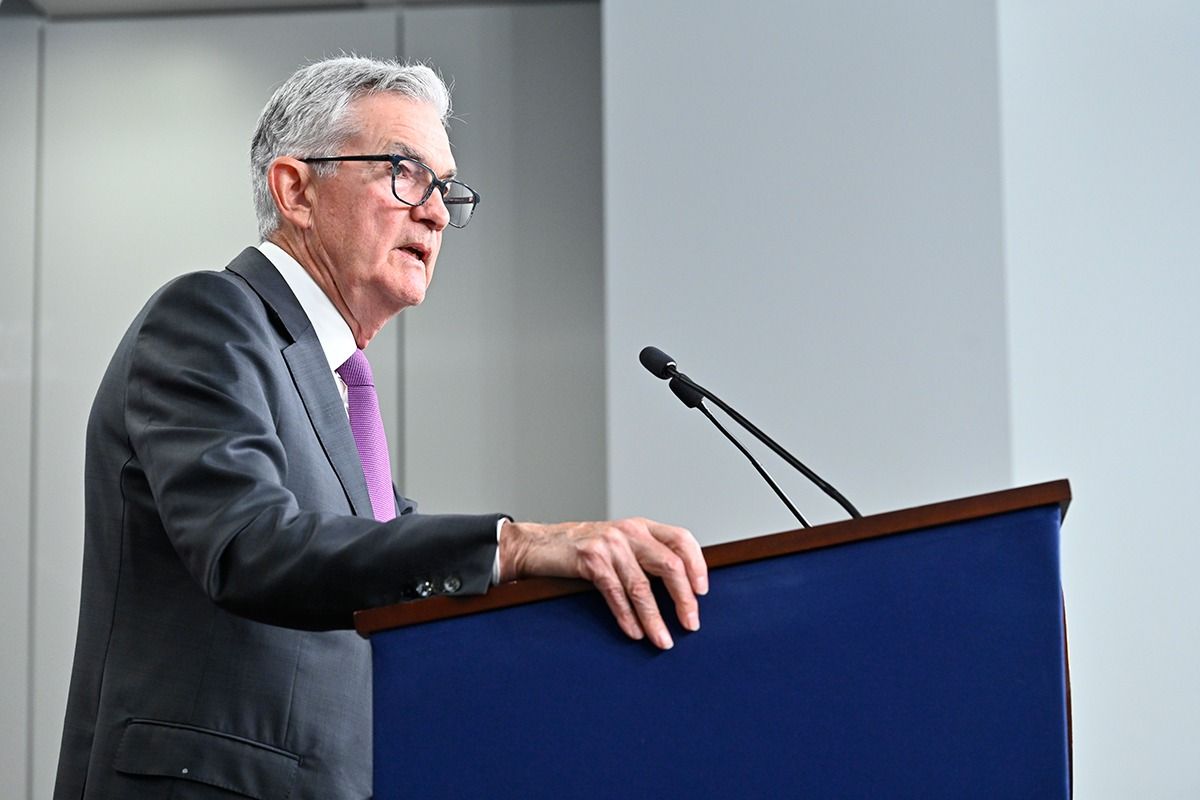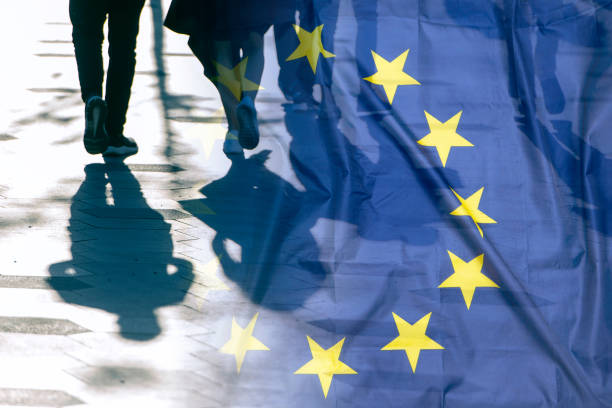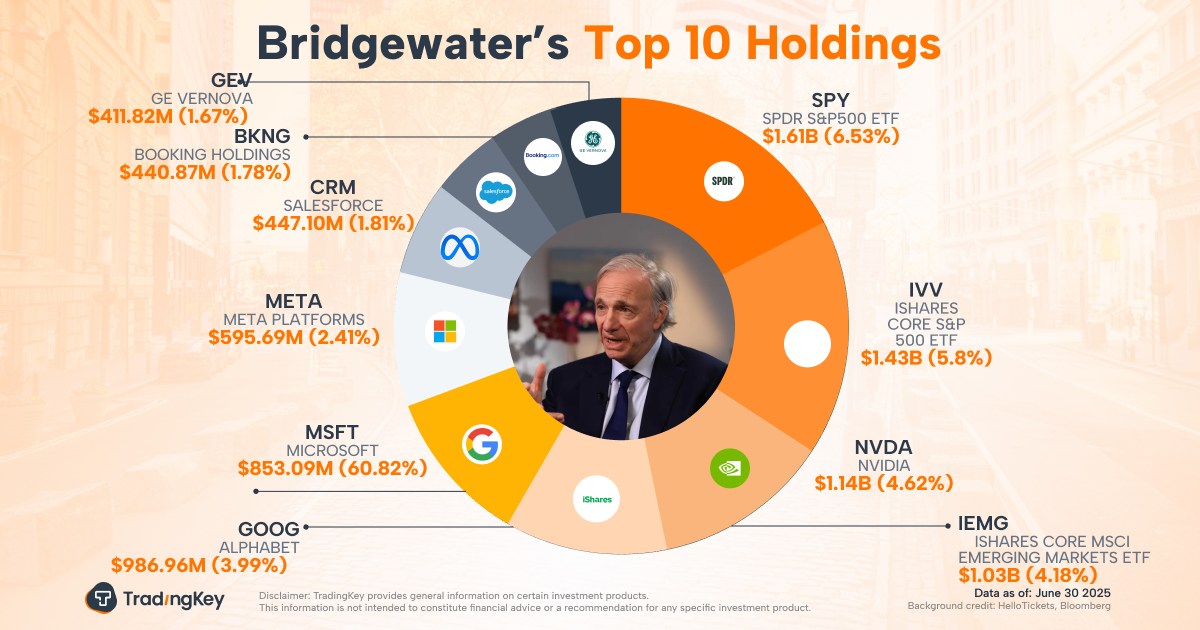Tesla drivers can pursue class action over self-driving claims, judge rules

By Jonathan Stempel
Aug 19 (Reuters) - Tesla TSLA.O must face a certified class action by California drivers who said Elon Musk misled them for eight years about the self-driving capabilities of his company's electric vehicles.
U.S. District Judge Rita Lin said the common question of whether Tesla lacked sensors to achieve high-level autonomy plus its inability to "demonstrate a long-distance autonomous drive with any of its vehicles" justified group lawsuits by two sets of drivers who bought its Full Self-Driving technology package.
In her decision on Monday, the San Francisco-based judge also said thousands of people likely saw Tesla's claim in the "Autopilot" section of its website from October 2016 to August 2024 that its vehicles contained hardware for full self-driving.
Tesla made a similar claim in a blog post, newsletter and quarterly earnings call, as did Musk at a 2016 press conference.
"While these channels alone may not ordinarily be enough to establish class-wide exposure for a traditional car manufacturer, Tesla's distinctive advertising strategy warrants a departure from the typical approach," Lin wrote.
Tesla does not use mass advertising or independent dealers, and Lin said it was reasonable to infer that class members interested in Full Self-Driving technology went to Tesla's website to get information.
Lawyers for Tesla did not immediately respond to requests for comment on Tuesday.
The Austin, Texas-based company had said it was unreasonable to assume all class members saw the challenged statements, and there was no common proof the statements were material.
Class actions can allow larger recoveries at lower cost than if plaintiffs were forced to sue individually.
The California classes include drivers who bought the Full Self-Driving package from May 19, 2017, to July 31, 2024, and opted out of Tesla's arbitration agreement, and drivers who bought the package from October 20, 2016, to May 19, 2017.
Lin refused to certify a class of drivers who bought Tesla's Enhanced Autopilot package because its "core product qualities" did not require full self-driving functionality, making Tesla's alleged false statements immaterial to purchasing decisions.
Federal officials have examined whether Tesla's full self- driving software is safe. The software is also a key component of Tesla's robotaxis.
The case is In re Tesla Advanced Driver Assistance Systems Litigation, U.S. District Court, Northern District of California, No. 22-05240.
